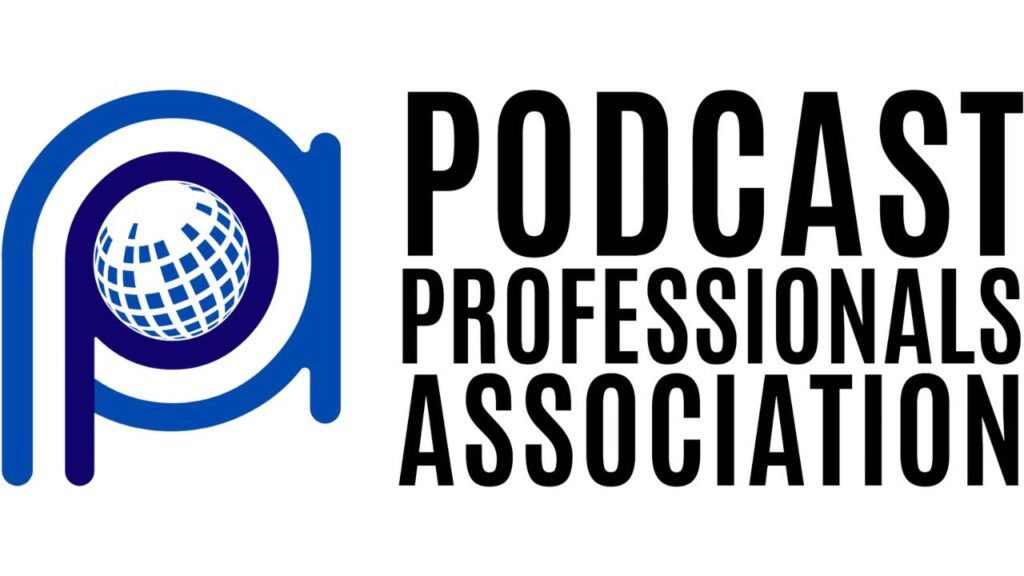
The Doctorate Few People Talk About
When most people hear the word “doctorate,” they picture a PhD, the academic researcher buried in data, defending a dissertation before a panel of professors. What many don’t realize is that there’s another kind of doctorate emerging as one of the most powerful and relevant degrees in the modern professional world: the professional doctorate.
A professional doctorate, such as a Doctor of Business Administration (DBA), Doctor of Strategic Leadership (DSL), or Doctor of Nonprofit Management (DNM), is designed for working professionals who want to apply advanced scholarship to real-world challenges. Unlike the traditional PhD, which focuses on creating new theoretical knowledge, the professional doctorate focuses on applying existing knowledge to solve complex organizational problems.
And yes, it’s rare, but not just statistically. It’s rare in mindset, discipline, and impact. Let’s explore why.
1. The Numbers: Just How Rare Is It?
According to U.S. Census Bureau data, roughly 4.9 million Americans hold a doctoral or professional degree of any kind, that’s just over 2% of the population. But that figure includes medical doctors (MDs), lawyers (JDs), and traditional research doctorates (PhDs and EdDs).
When we narrow the scope to professional doctorates outside medicine and law, such as DBAs, DSLs, and DNMs, the number drops dramatically, fewer than 0.5% of Americans hold one.
Put another way:
For every 200 people you meet, one might hold a doctorate, and maybe one out of 2,000 holds a professional doctorate in business, leadership, or nonprofit management.
That rarity matters. It represents a unique class of professionals who blend academic discipline with executive practicality, the bridge between theory and strategy.
2. Why So Few Pursue Professional Doctorates
Earning a professional doctorate isn’t just an academic decision, it’s a lifestyle commitment. Most candidates are mid-career professionals balancing leadership roles, families, and demanding workloads.
Here’s why the path is less traveled:
Time Commitment: Most programs take 3–5 years of intensive coursework and applied research.
Financial Investment: While less costly than some PhDs, the average total still ranges from $40,000 to $90,000.
Emotional Resilience: The dissertation or applied project phase tests patience, discipline, and persistence, especially while managing a full-time career.
Lack of Awareness: Many professionals don’t even know these programs exist, assuming doctorates are only for academics.
In short, earning a professional doctorate requires the same rigor as a PhD, but with the additional complexity of applying it while leading in real time. That’s why those who complete it tend to stand out, not only for their intellect, but for their capacity to execute under pressure.
3. The Mindset of the Professional Doctorate Holder
Beyond rarity, professional doctorate holders represent a distinct leadership mindset. They’re not just thinkers, they’re doers.
They value application over abstraction.
They’re driven by impact, not publications.
They see leadership as a lifelong laboratory, where strategy, human behavior, and systems thinking intersect.
A Doctor of Business Administration might analyze organizational culture to redesign corporate governance. A Doctor of Strategic Leadership might apply change management theory to stabilize a nonprofit in crisis. A Doctor of Nonprofit Management might use evidence-based frameworks to improve fundraising outcomes or community engagement.
What unites them all is a deep belief that knowledge should create measurable change.
As I often tell my clients and students:
“A professional doctorate isn’t just about what you know, it’s about how you use what you know to make others better.”
That’s the true rarity.
4. The Leadership Edge of a Professional Doctorate
In today’s complex business landscape, defined by uncertainty, rapid change, and data overload, leaders with professional doctorates offer a unique advantage.
They don’t guess. They analyze.
They don’t react. They respond with insight.
They don’t just manage. They lead with evidence.
A 2023 AACSB report on advanced business education found that professionals with DBAs and similar doctorates demonstrate:
Higher strategic decision-making capacity than peers with MBAs alone.
Improved change management outcomes due to their training in systems-level thinking.
Greater organizational credibility when implementing data-informed initiatives.
For executives, consultants, and entrepreneurs, that combination of analytical precision and leadership agility translates into real-world influence, and career longevity.
In a world where everyone claims expertise, the professional doctorate is proof of depth.
5. Professional Doctorates vs. PhDs: A Quick Comparison
Both are doctoral degrees, but their missions differ.
| Aspect | PhD (Doctor of Philosophy) | Professional Doctorate (DBA, DSL, DNM, etc.) |
|---|---|---|
| Focus | Generates new theoretical knowledge | Applies knowledge to real-world problems |
| Audience | Academia and research communities | Business, nonprofits, government, industry |
| Outcome | Dissertation adds to scholarly literature | Applied project drives organizational change |
| Ideal Candidate | Aspiring academics and researchers | Senior professionals, executives, consultants |
| Core Question | “What don’t we know yet?” | “How can we use what we know to lead better?” |
Both paths demand rigor and intellectual depth. But professional doctorates integrate leadership development directly into the learning process, producing scholar-practitioners who lead with both wisdom and evidence.
6. The Global Rise of the Scholar-Practitioner
While still rare, professional doctorates are quietly reshaping leadership education worldwide.
In Europe and Australia, DBAs have become an established credential among executives seeking advanced business credibility. In the U.S., programs like the Doctor of Strategic Leadership (DSL) and Doctor of Nonprofit Management (DNM) are growing rapidly as more professionals seek frameworks that combine research and practice.
This shift signals an important change: the recognition that leadership itself deserves scholarly depth.
Companies no longer just want charismatic managers, they want reflective leaders who can interpret data, design systems, and lead ethically in complex environments.
Professional doctorates fill that gap, preparing leaders who not only understand theory but can apply it to drive real transformation.
7. Why Rarity Equals Opportunity
Being among the few who hold a professional doctorate gives you distinct advantages in the marketplace:
Credibility and differentiation: The title “Dr.” immediately signals expertise, but it’s your applied understanding that makes it stick.
Career versatility: Whether in corporate leadership, consulting, entrepreneurship, or education, the degree opens multiple doors.
Thought leadership potential: Many professionals use their doctoral research to write books, launch programs, or become keynote speakers.
Legacy and impact: You’re positioned not only to lead organizations but to mentor future leaders, turning scholarship into stewardship.
In short, the rarity of the professional doctorate is your competitive edge, not because it’s exclusive, but because it’s earned through real-world relevance.
8. The Future of Professional Doctorates
As industries continue to evolve, the need for reflective, evidence-based leadership will only grow. Artificial intelligence, globalization, and shifting workforce expectations demand leaders who can think critically, act ethically, and adapt strategically.
The professional doctorate equips leaders to do exactly that. It blends academic rigor with leadership agility, a rare combination that will define the next generation of executives, nonprofit directors, and entrepreneurs.
We’re entering an era where the ability to connect research and practice isn’t optional; it’s essential. And those who hold these applied doctoral degrees will lead the way.
Rarity Is the Point
So, how rare is a professional doctorate? Statistically, extremely. But its rarity is also its power.
In a sea of short courses, quick certifications, and algorithmic leadership trends, the professional doctorate stands apart, a signal of commitment, credibility, and contribution.
It’s the degree for those who don’t just want to understand leadership but to transform it, those who believe that scholarship and service belong in the same sentence.
As I often tell my clients and students:
“A professional doctorate doesn’t just set you apart. It sets you above the noise, and equips you to lead with depth when others lead with speed.”
If you’re considering a professional doctorate, understand this: it’s not the easy path, but it’s the one that leads to meaningful, measurable, and lasting impact. And that kind of rarity? It never goes out of style.











